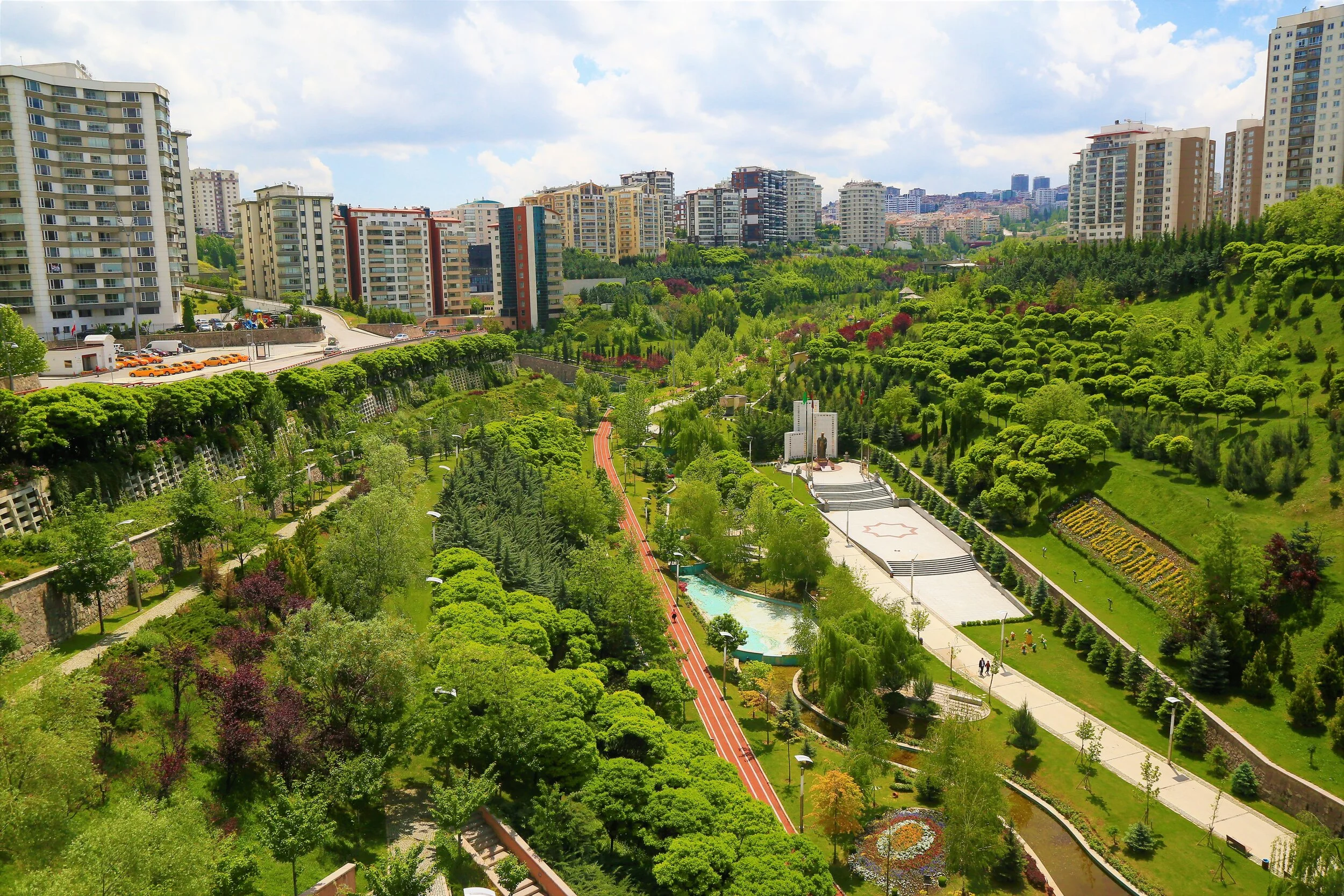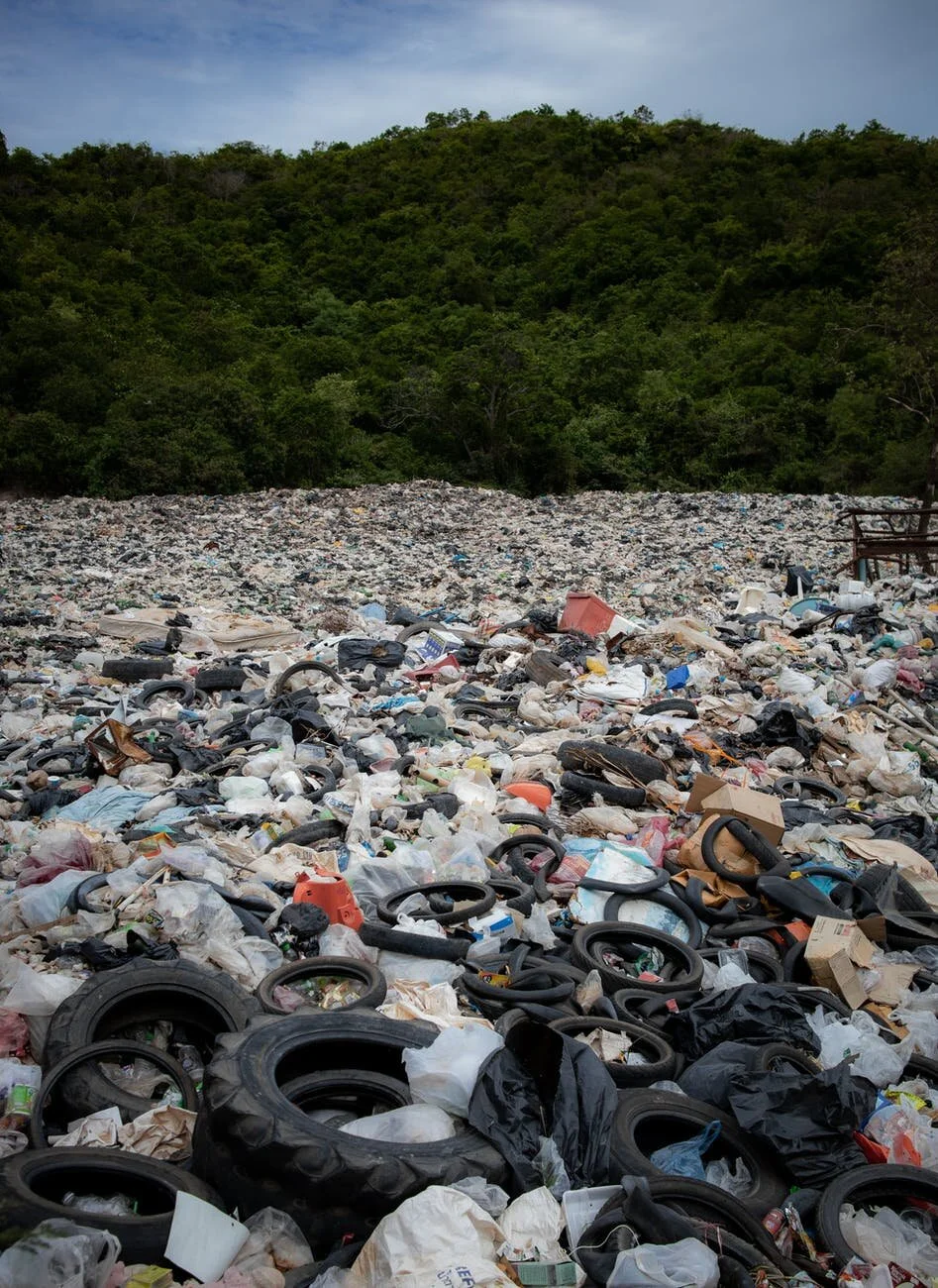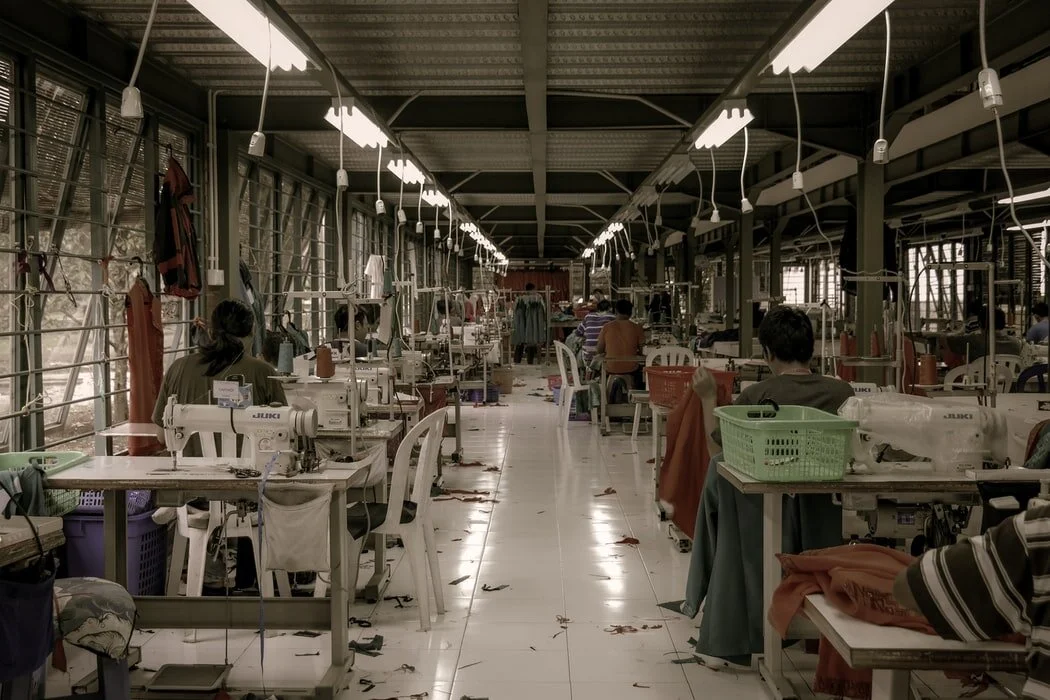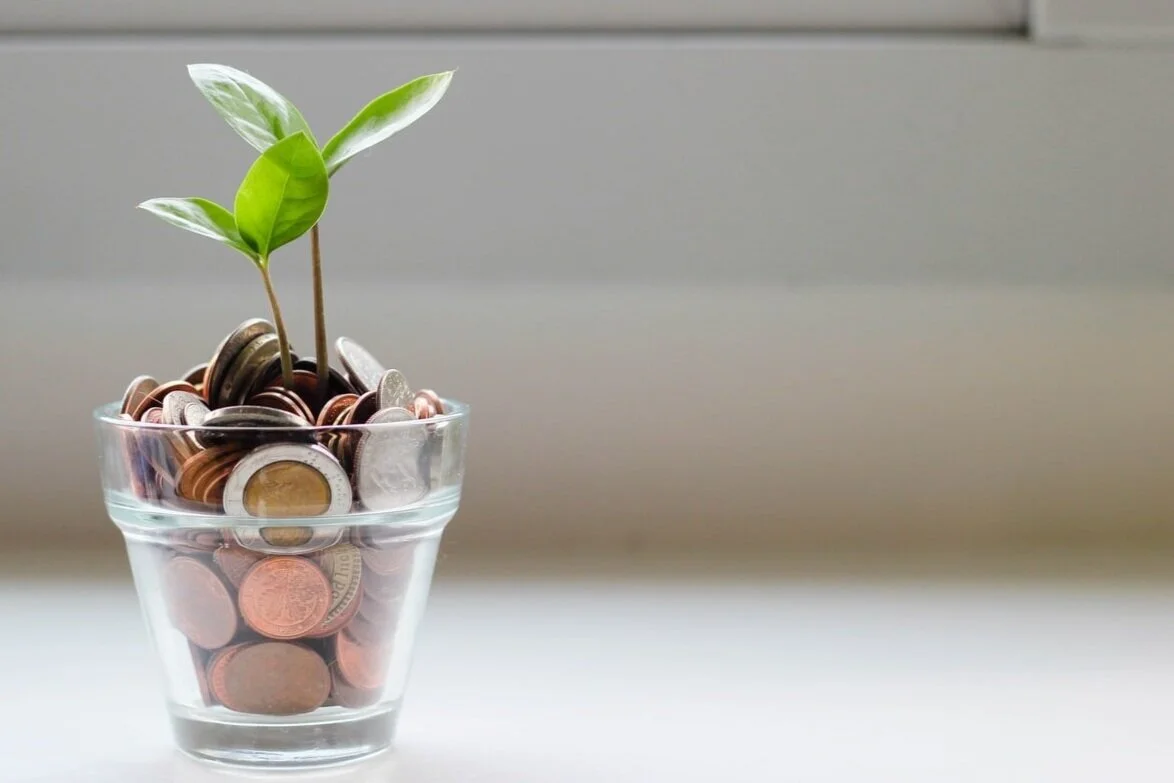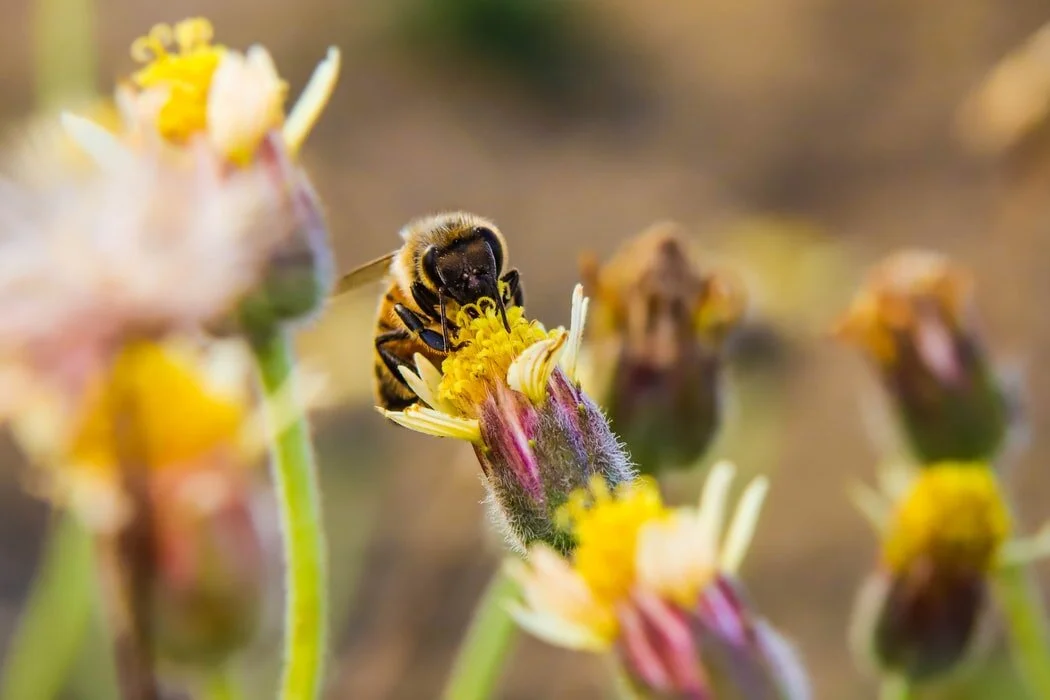Green Spaces
68% of the world population is projected to live in urban areas by 2050, about 2.5 billion more people than now. Pollution in urban environments is therefore expected to rise. About 9 million people die as a result of air pollution every year. People who live in urban spaces consume more energy and water, resulting in other forms of pollution which affect the health and quality of life of the urban population.
Urban spaces are warmer than rural areas due to heat being trapped. This is known as the urban heat island effect and is a result of human activity (transport) and city infrastructure (narrow roads, concrete buildings). The higher temperatures have a negative impact on several levels, increasing demand for cooling, more energy consumption, more fossil fuel usage, increased air pollutants, and more greenhouse gas emissions. Hotter pavements damage the water cycle and aquatic ecosystems. The heat is transferred into rainwater which is released into water bodies. Changes in water temperature cause disruption to marine life.
Green spaces, from parks to roofs, are a viable solution to a lot of the environmental damage caused by urbanisation. Green roofs for example, have been proven to reduce the urban heat island effect, through a reduction in surface temperature and their insulating capacity, which in turn reduces the energy required to heat or cool the building. Acting as CO2 sinks, 100 square metres of green roof can provide the oxygen needed for 100 people in a year or remove the pollution created by 15 cars in a year. As well as providing a habitat for plant and animal life, they also regulate and filter out pollutants from rainwater. Creating these green spaces offers a financial incentive by minimizing the energy requirements of buildings. However, the psychosocial benefits of greenspaces are equally important.
Investing in green spaces represents a long-term investment in health and wellbeing through the creation and promotion of healthier and more attractive spaces to live and work. Green spaces present an opportunity for physical activity, engagement with flora and fauna, and allow interpersonal connections to take root in the community. In our increasingly urbanised world, cultivating physical and mental health across all age groups, green spaces are an important tool to drive social cohesion, combat loneliness, and build community spirit.
With 1 in 4 adults and 1 in 10 children experiencing mental health issues each year in the UK, finding simple solutions to benefit mental wellbeing is critical. Mental illness is estimated to cost the global economy £1.6 trillion per year. Environments shape our behaviours, being surrounded by an open, green space naturally promotes positive psychological experiences and, in many cases, encourages physical activity, which in turn promotes wellbeing.
Green spaces allow individuals to slow down and take a breath from day to day triggers of stress and anxiety, allowing people to mindfully connect with the world around them and develop a release which can help combat mental illness. Development allotment programs give older people an opportunity to not only connect with nature but also develop friendships, reducing loneliness and feelings of isolation, again improving mental health. Giving young people a space to learn about the nature and biodiversity embeds the need to protect nature and the environment in their education. Green spaces offer a space to learn new skills or even qualifications, foster self-esteem, and help young people to grow connections with others in the community.
The benefits of the provision of green spaces to the health of individuals within a community can be understood by looking at the social Return on Investment (ROI). Social Return on Investment allows organisations to describe and assign a monetary value to their “social, environmental and economic outcomes” and compare them to the value of inputs – the investment. In one programme, a social ROI analysis exposed important benefits of green spaces for people suffering from mental illness, including reduced caring needs from their family or support workers, and a reduced burden on the NHS.
Route2 delivers unique insights into the total impact of business activities. We offer businesses expert advice and analysis about historical and future performance. Our services (coined Value2Society) strengthen decision making, establish competitive advantage and enhance the value business delivers to society.
To find out more, email us at info@route2.com or phone +44 (0) 208 878 3941
Follow our social media to never miss a post:

